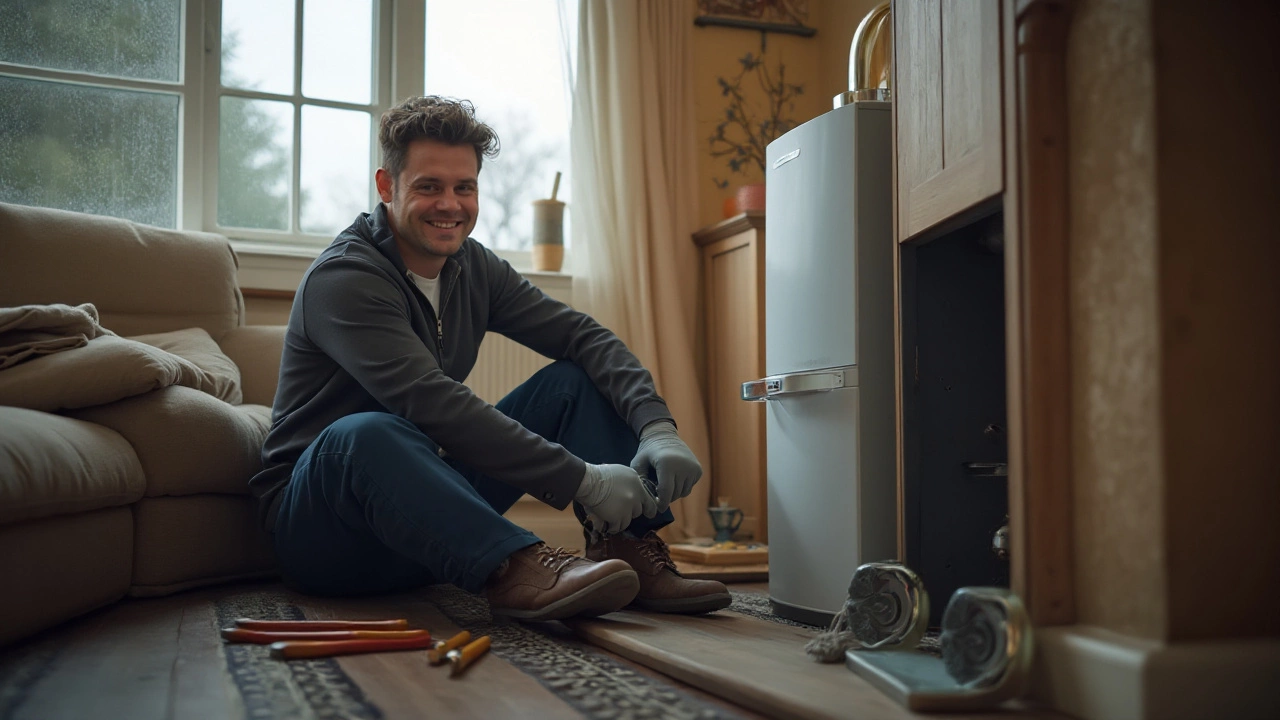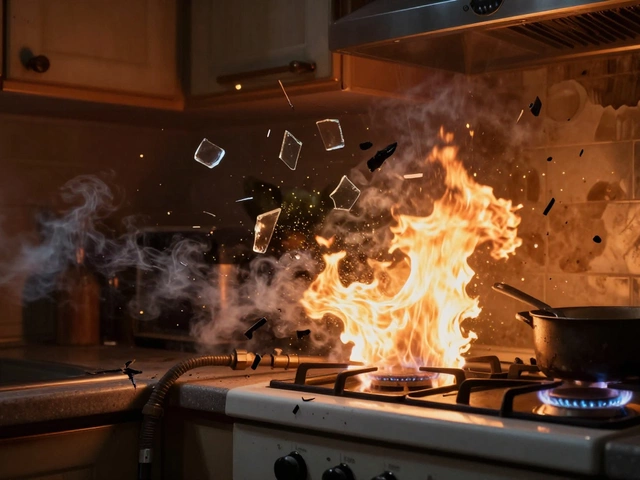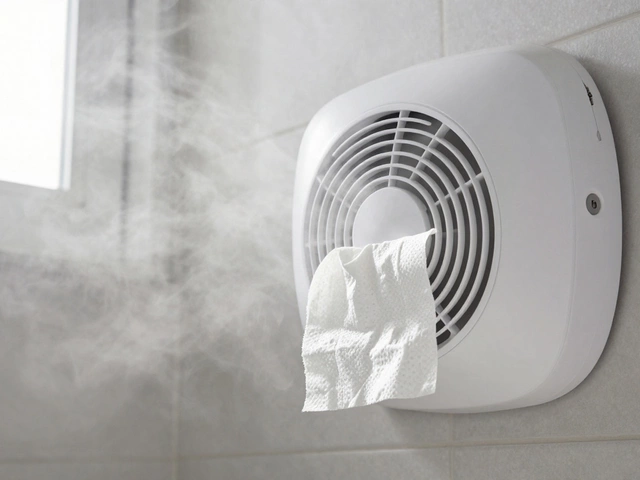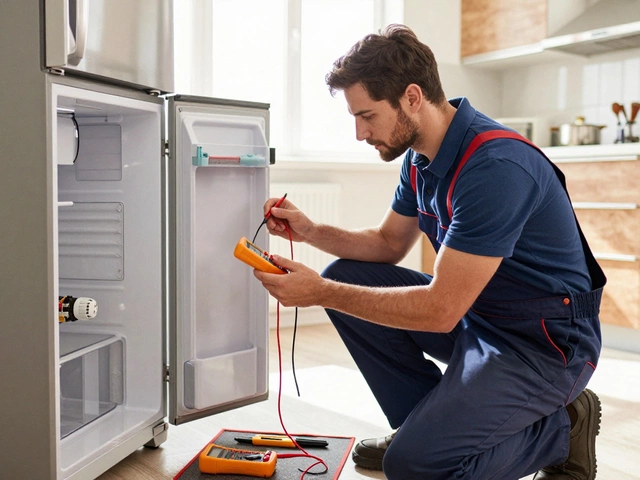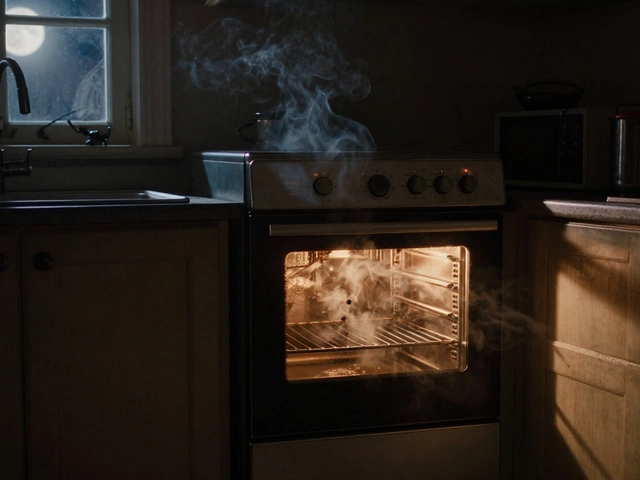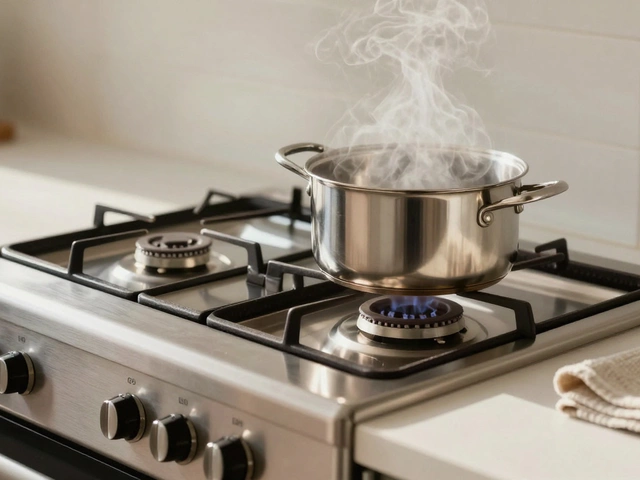Heating System Maintenance Made Simple
Keeping your heating system in good shape saves money, stops surprise breakdowns, and makes winter cozy. The best part? Most of the work is easy enough to do yourself, as long as you know what to look for.
Why Regular Maintenance Matters
A well‑maintained boiler runs more efficiently, which means lower gas or electric bills. It also reduces the risk of leaks, carbon monoxide leaks, and costly emergency repairs. Think of it like a car service – skip it and you’ll end up paying more later.
Most heating systems need a professional check at least once a year. During that visit, a qualified engineer will test pressure, inspect burners, clean heat exchangers, and make sure safety devices work. If you schedule this service before the heating season starts, you’ll avoid rushed calls when the temperature drops.
DIY Checks You Can Do Every Month
Watch the pressure gauge. Ideal pressure is usually between 1 and 1.5 bar when the system is cold. If it’s too low, you can top it up using the filling loop – just follow the instructions on your boiler’s manual.
Listen for strange noises. Hissing, banging, or grinding sounds often signal trapped air, a failing pump, or scale buildup. A quick bleed of radiators can clear air, and a professional can handle deeper issues.
Check the thermostat settings. Make sure the programmable timer matches your daily routine. Incorrect settings can cause the boiler to fire up at odd times, wasting energy.
Inspect the flue. The flue should be clear of obstructions and not showing signs of rust or damage. A blocked flue can cause dangerous exhaust gases to re‑enter the home.
Look for leaks. Small drips around pipe joints or the boiler body can turn into big problems fast. Tighten loose connections if you’re comfortable, but call a pro for anything beyond a simple nut.
These quick checks take only a few minutes each month but can alert you to issues before they become emergencies.
When to Call a Professional
If you notice any of the following, it’s time to call an expert:
- Repeated loss of pressure after refilling.
- Persistent strange noises despite bleeding radiators.
- Water leaking from the boiler or pipework.
- Cold spots in radiators that won’t heat up.
- Carbon monoxide alarm goes off.
Trying to fix these on your own can be risky and may void warranties. A qualified heating engineer will diagnose the issue safely and often spot other problems you might miss.
Remember, a good boiler service includes a safety check, cleaning, and a performance test. Ask the technician for a written report so you know what was done and when the next service is due.
Extend the Life of Your System
Beyond regular servicing, a few habits keep your heating system happy for years:
- Don’t set the thermostat way higher than needed; 20‑22°C is comfortable and efficient.
- Keep the area around the boiler clear – no boxes or furniture blocking airflow.
- Schedule a power flush if your radiators feel sluggish after a few years. This removes sludge and improves heat distribution.
- Consider upgrading to a modern condensing boiler if yours is over 15 years old. New models can be 30% more efficient.
These simple steps reduce wear and tear, lower energy use, and cut down on unexpected breakdowns.
Bottom line: a mix of yearly professional servicing and monthly DIY checks keeps your heating system running smooth, saves cash, and keeps your home safe. Start with a quick pressure check today, schedule a boiler service before the next frost, and enjoy worry‑free warmth all winter long.
Understanding Boiler Repair Costs: An In-Depth Guide
- Alden Wilder
- Jan 23 2025
- 0 Comments
Boiler repair costs can vary significantly depending on several factors, such as the type of issue, the brand of your boiler, and even your location. Understanding these costs helps in budgeting for maintenance and ensuring your heating system runs efficiently. This article provides insights into common problems, average repair costs, and tips to reduce future expenses. Learning about these factors can prevent sudden financial burdens and extend the lifespan of your heating system.
View More